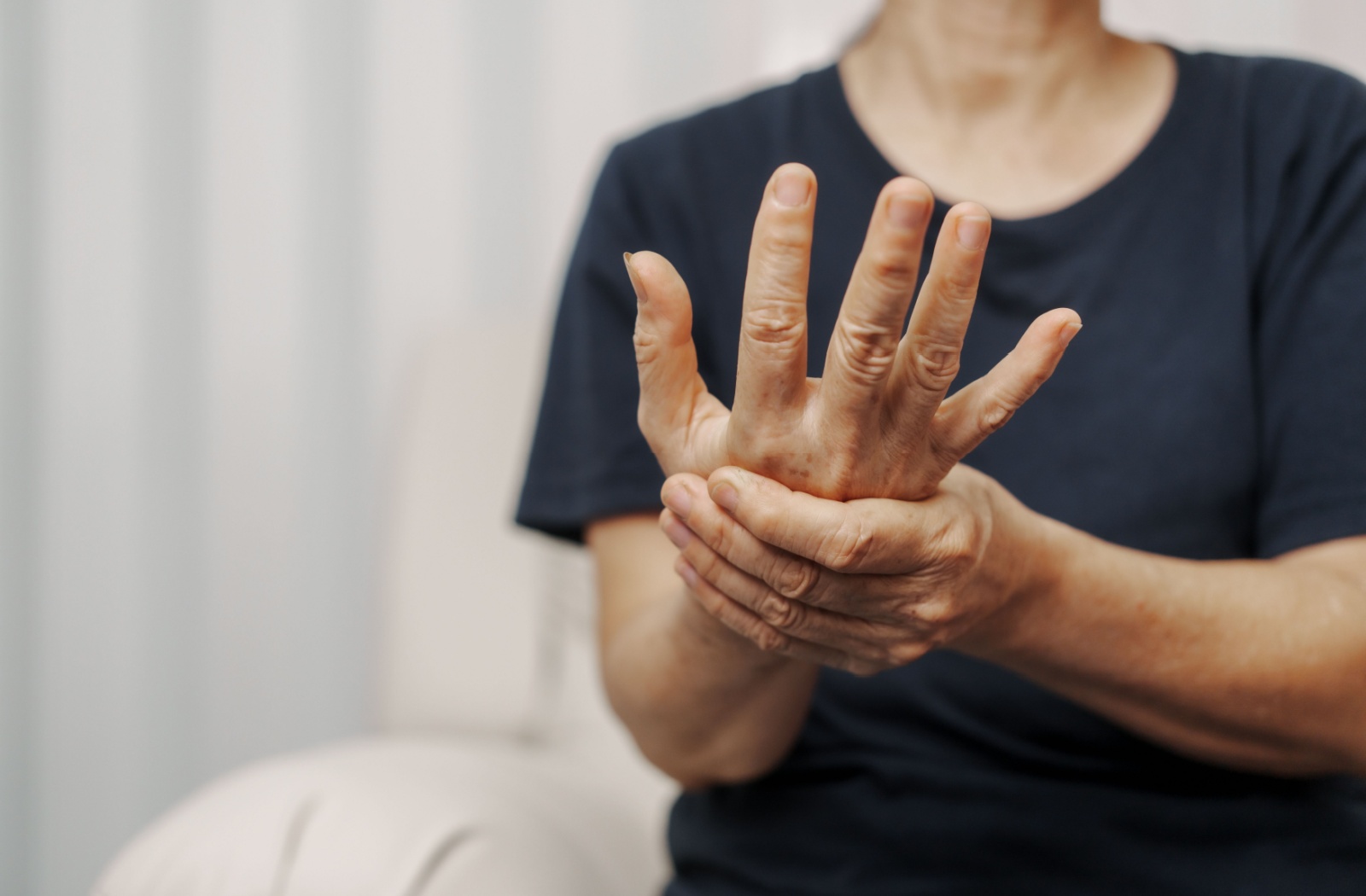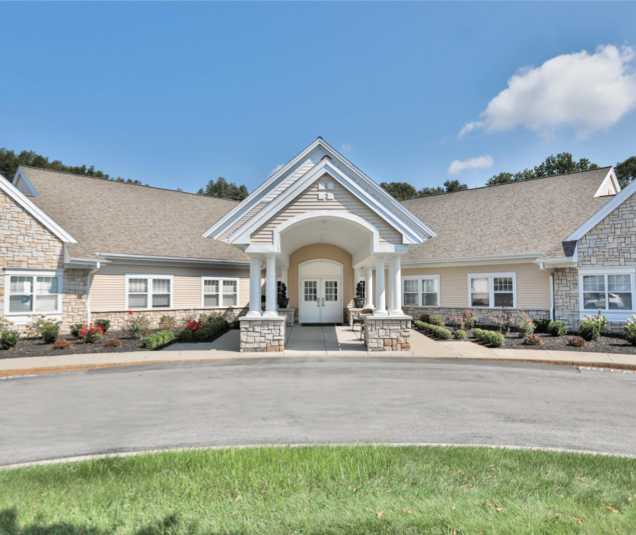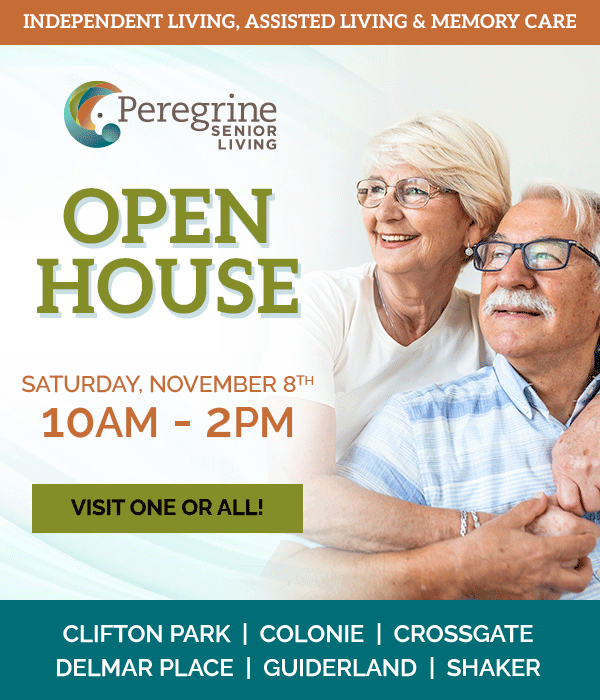When concerns about memory and cognitive function arise, families often seek simple ways to assess their loved one’s mental state. The 2 Finger Test for dementia is a quick screening tool designed to detect early signs of cognitive changes. It involves a brief, easy assessment that can indicate when further professional evaluation might be needed. This gentle method provides families with a starting point for understanding and addressing potential cognitive issues.
Key Takeaways
- The 2 Finger Test for dementia is a simple and non-invasive screening tool designed to identify early signs of cognitive changes.
- While the test can provide quick insights, it is not a substitute for professional medical evaluation.
- If the results of the test raise concerns, reaching out to a qualified healthcare provider for a comprehensive assessment is essential.
- Early detection of cognitive issues can lead to timely support and interventions, improving the quality of life for those affected.
How Does the 2 Finger Test Work?
The 2 Finger Test involves a straightforward process where an examiner demonstrates a specific hand gesture—typically interlocking fingers in a particular pattern—and asks the person to replicate the movement. This seemingly simple task engages multiple cognitive functions simultaneously.
During the test, the individual must:
- Process visual information from the demonstration
- Store the pattern in their short-term memory
- Coordinate fine motor skills to reproduce the gesture
- Follow multi-step instructions
The ability to successfully complete this task requires the brain to integrate memory, motor control, and visual processing—areas that can be affected in the early stages of dementia.
What Does It Evaluate?
The 2 Finger Test serves as a window into several crucial cognitive abilities that may change with dementia progression. Healthcare professionals and families use this assessment to observe:
- Memory function: The test evaluates how well someone can retain and recall visual information, even for brief periods.
- Motor skills: Successfully replicating the finger pattern requires coordination between the brain and fine motor movements.
- Visual processing: The ability to interpret and understand what they’re seeing demonstrates visual-spatial awareness.
- Executive function: Following instructions and completing the task in sequence reflects higher-level thinking processes.
A Closer Look at the Biology of Memory
Understanding how memory works helps explain why simple tests like the 2 Finger Test can be so revealing. Memory formation involves complex networks of brain cells working together to encode, store, and retrieve information.
When dementia begins to affect the brain, these networks may become disrupted. Areas responsible for forming new memories or accessing stored information can show early changes, making tasks that once seemed automatic become challenging.
The beauty of the 2 Finger Test lies in its ability to quickly assess these interconnected systems. A person’s response can indicate whether their memory networks are functioning smoothly or showing signs of disruption.
Why is Early Detection Important?

Early recognition of cognitive changes can open doors to meaningful interventions and support. When families notice differences developing in their loved one’s memory or thinking abilities, simple assessments like the 2 Finger Test can help determine whether professional evaluation would be beneficial.
Early detection allows families to:
- Explore treatment options that may slow progression
- Plan for future care needs with dignity and intention
- Access support services and resources
- Make informed decisions about living arrangements
- Create meaningful connections within specialized communities
The sooner cognitive changes are identified, the more opportunities exist for maintaining quality of life and personal connections.
How Do Seniors with Early Dementia Diagnoses Benefit from Memory Care?
When the 2 Finger Test or other assessments suggest cognitive changes, families often wonder about the next steps. Specialized memory care communities offer environments designed specifically for individuals experiencing dementia-related challenges.
These communities understand that each person’s journey is unique. Rather than focusing solely on limitations, quality memory care celebrates individual strengths and interests while providing appropriate support.
- Personalized activities: Memory care programs often incorporate activities that engage cognitive functions in meaningful ways—from music therapy that awakens cherished memories to gentle exercises that maintain motor skills.
- Safe, familiar environments: Thoughtfully designed spaces reduce confusion while promoting independence and comfort.
- Specialized care teams: Staff members receive specific training in dementia care, understanding how to communicate effectively and provide support with patience and respect.
- Family involvement: The best memory care communities welcome family participation, recognizing that loving relationships remain central to well-being.
By combining compassionate care, thoughtful environments, and meaningful family involvement, memory care communities can create a supportive and dignified space where individuals with dementia can thrive. These efforts ensure that each person is met with respect, understanding, and a true sense of belonging.
Moving Forward with Understanding and Hope
Noticing changes in a loved one’s memory or daily life can be hard, but seeking answers shows love and dedication. Whether these changes are due to normal aging, a medical condition, or early dementia, understanding the situation helps with future planning. The 2 Finger Test is one way to understand cognitive health, but concerns about memory or thinking should be evaluated by professionals.
At Peregrine Senior Living at Clifton Park, we support seniors with dementia diagnoses, offering compassionate care and expert guidance to help families through this journey. Our memory care specialists create personalized plans to maintain joy, connection, and purpose in daily life. Contact us today if your loved one is experiencing cognitive changes to see how early support with the right care and community can make a difference.











No more posts